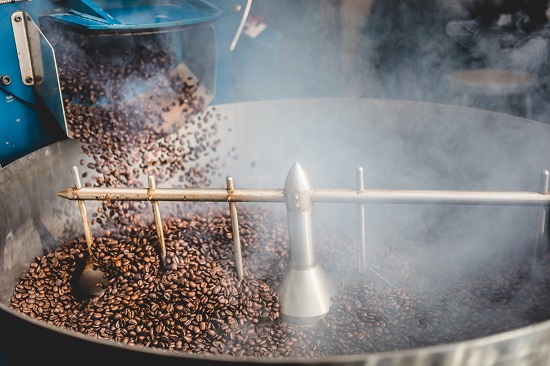
THE ART OF ROASTING COFFEE: UNDERSTANDING THE SCIENCE BEHIND THE PERFECT BREW
Roasting coffee is a complex process that transforms raw, green coffee beans into the delicious, aromatic beverage that we all know and loves. To get the best flavor and aroma out of the coffee, it’s essential to understand the science behind roasting.
Roasting coffee is a chemical reaction between coffee beans and heat. As the temperature increases, the coffee beans undergo several physical and chemical changes, which result in the development of flavor and aroma. The most crucial factor that affects the taste of coffee is the roasting profile, which determines the time and temperature at which the coffee beans are roasted.
Several different roasting profiles are used to produce different flavors in coffee. Light roasting results in a light-bodied coffee with a mild flavor and high acidity. Medium roasting results in a medium-bodied coffee with a balance of flavor and acidity. Dark roasting results in a full-bodied coffee with a strong flavor and low acidity. The darker the roast, the more intense the flavor, but also the less bright and crisp the acidity.
Roasting also affects the caffeine content of coffee. As the roasting process progresses, caffeine is lost through evaporation, so darker roasts generally contain less caffeine than lighter roasts.
The science behind roasting coffee also involves the Maillard reaction, a chemical reaction between amino acids and reducing sugars that results in the development of flavor and aroma. As the temperature increases, the Maillard reaction accelerates, producing a wider range of flavors and aromas in the coffee.
In conclusion, the art of roasting coffee is a complex process that requires a deep understanding of the science behind the chemical reactions that occur between coffee beans and heat. From the different roasting profiles to the impact on flavor, the science behind roasting coffee is an essential factor that determines the quality of the final product. Whether you prefer light, medium, or dark roasts, understanding the science behind roasting can help you to get the most out of your coffee and enjoy a delicious, aromatic beverage.


